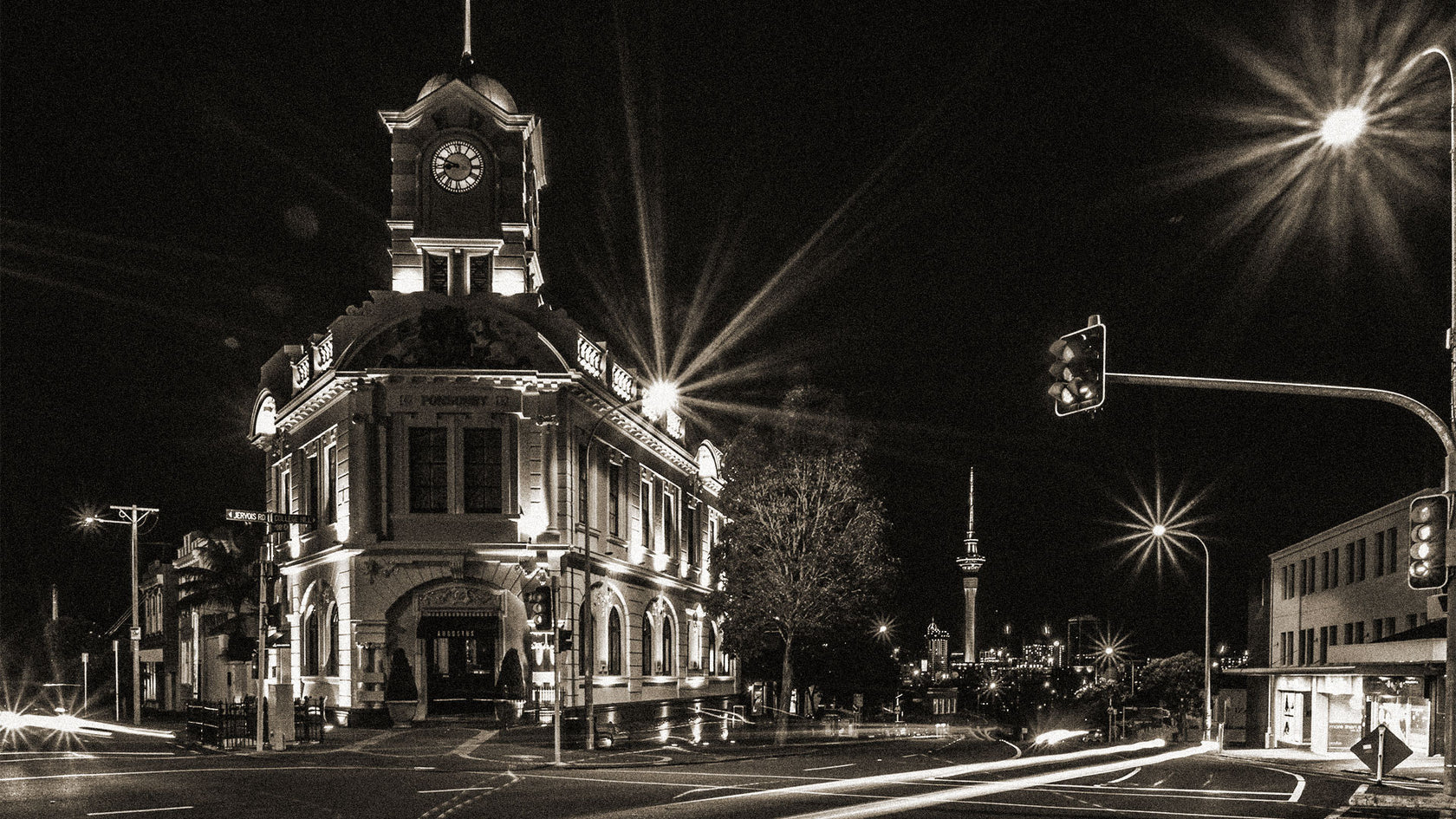In the two years since the 2022 elections, City Vision elected members across Waitematā, Albert-Eden and Puketāpapa local boards and Councillor Julie Fairey have worked collaboratively and constructively with council and communities to make a difference.
There have been challenges – the floods, the state of the economy and the long tail of Covid. The last five years have been hard but there is no going back: challenges will keep coming. We stand our ground on the need for climate action, emission reduction and adaptation. This means careful urban planning (close to schools and jobs, away from hazards), more trees and plants, more public and active transport and renewable energy, like solar power (which is soon being installed on the Freemans Bay Community Centre).
City Vision has successfully advocated for a growing fleet of electric buses and ferries and more public transport routes. The new 64, 65 and 67 routes are wins for crosstown movement. By leveraging off road renewals to cut costs, the safe cycle network is being joined up, making getting to work and education easier. Safe crossings and slower speeds allow kids and older people to get around independently and it's nice to sit outside a café and hear conversation and music rather than traffic (or helicopters).
We all know how much time our kids (and ourselves) are spending on screens. Everyone needs to get out and connect in real life. To this end, there are more opportunities for play and recreation, festivals and events, enhanced playgrounds in Western Springs, Point Erin and Waikōwhai, new basketball courts in Coyle Park and a new youth space in Newmarket.
Preliminary works have begun on the Leys Institute Library restoration, the Ponsonby Park civic space will be completed by winter, Studio One Toi Tū arts centre has reopened and the future of the Mount Albert Aquatics Centre is secure. We strongly support fairer funding for local services across the city. Maintaining community centres, parks and sports facilities supports health, social networks and resilience.
We work to ensure people are okay, by funding the Citizens Advice Bureau, outreach for the homeless, and community wardens to discourage crime. Julie Fairey played a key role in supporting communities after the floods, and securing government funding to recover and rebuild. After years of advocacy, we will soon launch local emergency response and readiness plans that address the needs of people who live in urban areas, including apartment dwellers.
Fairey has also led the advocacy for blue-green corridors, parks around streams that serve as buffer zones for flood soakage to protect people’s homes. In good weather these parks serve as walking routes, hubs of biodiversity and places to play. The Te Auaunga project and Freeland Reserve present a model that will be replicated across Auckland, including Grey Lynn and in the Meola Waititiko catchment.
In addition, more trees are being planted in urban streets (as requested) and regenerative sponge gardening is being trialled in Freemans Bay Park and Western Park using garden waste to help soils retain water in drought and floods.
We are committed to reducing waste. Construction waste programmes are helping developers divert 80% of waste from landfill, the Waiōrea Community Resource and Recycling Centre has opened, and the Auckland Library of Tools has relocated to Newton Road.
Finally, communities have long advocated for better water quality in the Waitematā. The Point Erin sewer extension and water separation is underway and will significantly reduce sewage overflows onto our beaches from 2028.
Auckland is growing rapidly and there are limits to our resources but it is a great place to live. Making the shifts to ensure a good quality of life for everyone now and in the future, without costing the earth, takes time, effort and vision. But it’s worth it.
CityVision.org.nz
City Vision is made up of Labour, the Greens, and community independents.


